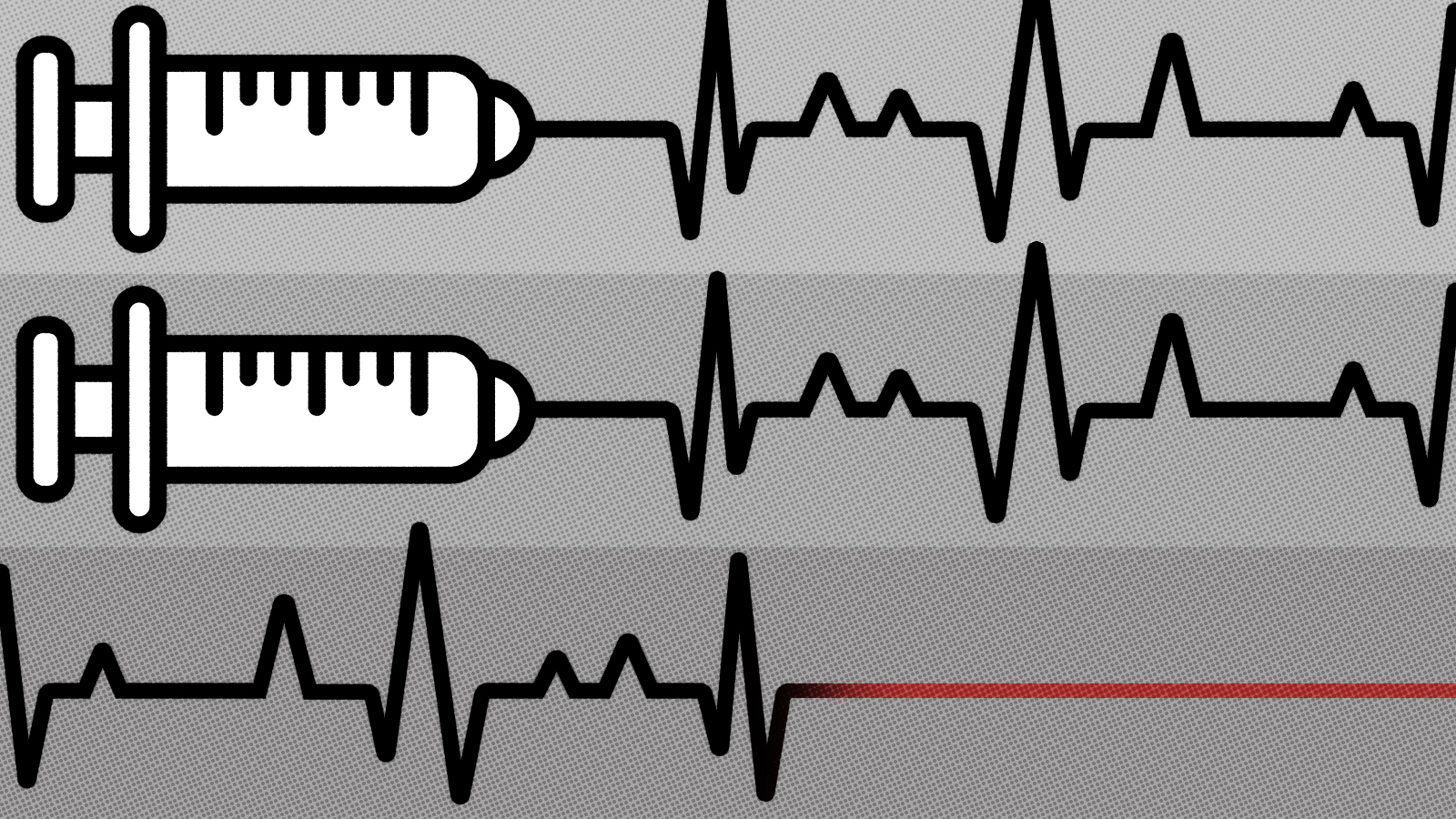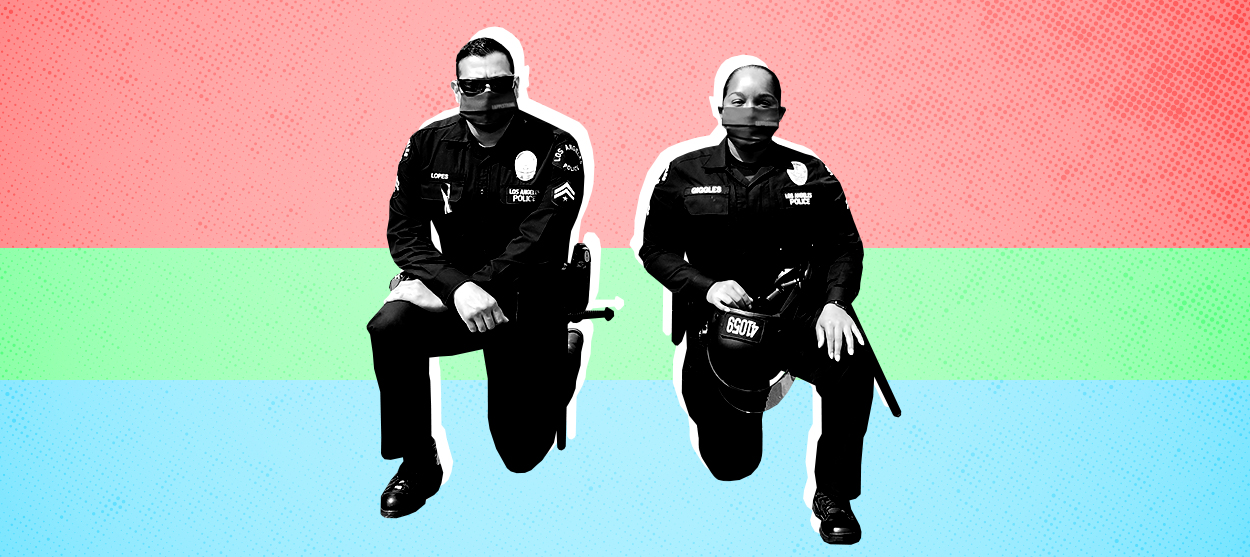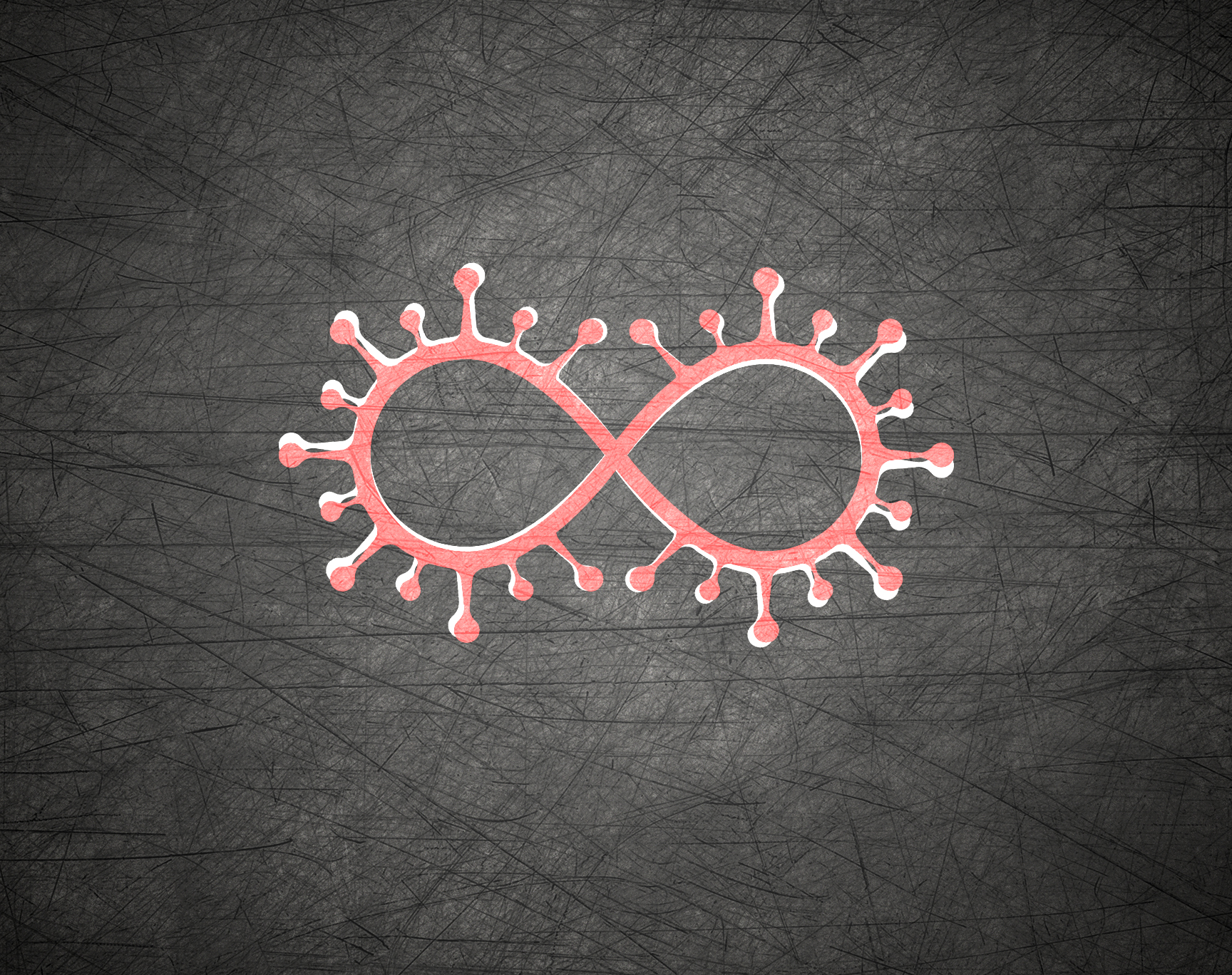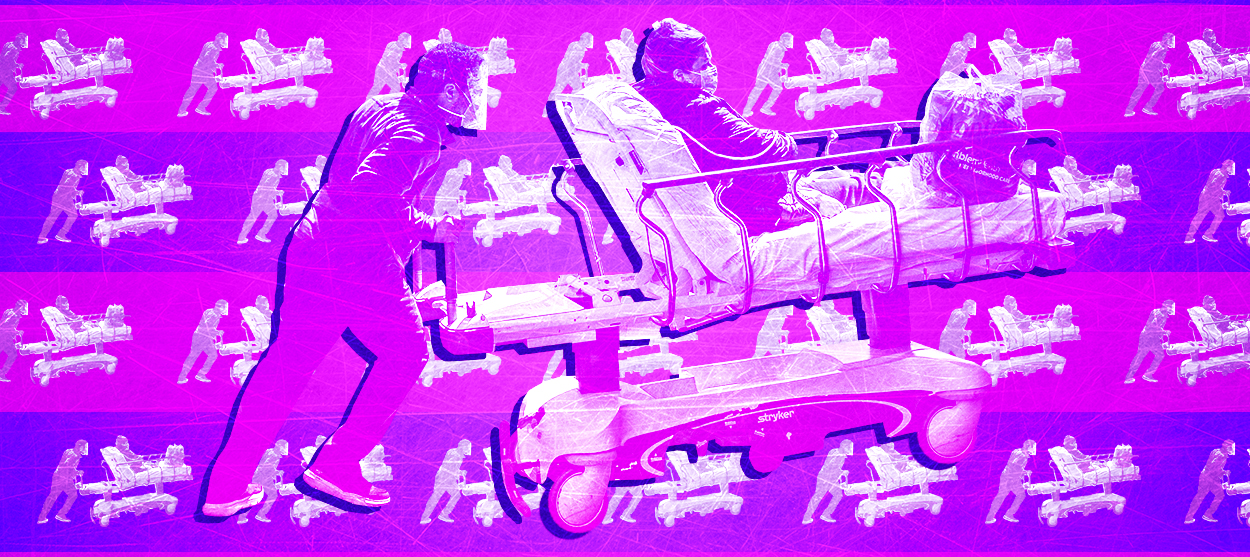Life is worth living
What's driving America's rising suicide rate?


A free daily email with the biggest news stories of the day – and the best features from TheWeek.com
You are now subscribed
Your newsletter sign-up was successful
From 1952 until 1957, one of the most widely viewed programs on American television was Bishop Fulton Sheen's Life is Worth Living. It is difficult to imagine anything like this inspirational one-man lecture show becoming a hit now. But the seemingly unremarkable proposition offered by its title is one that I wish more of us were willing to affirm.
Between 2007 and 2018, the suicide rate among young people aged between 10 and 24 increased by some 57 percent. This is nearly double the already significant increase of around 28 percent among the American population as a whole during roughly the same period.
Why are young people in this country taking their own lives with such horrifying frequency? Any number of facile explanations have been advanced. The most common one is that there is insufficient public investment in mental health services. I find this unpersuasive, not least because the number of young people committing suicide was much lower 50 years ago, when virtually no one received (or even offered) such treatment. It is the usual liberal answer that more money and more credentialism can solve any problem, the same one offered (even more dubiously) to explain why American children are worse at reading than they were half a century ago, when we spent vastly less on education and teachers had studied their subjects instead of pseudo-scientific pedagogy and there were no iPads in our classrooms.
The Week
Escape your echo chamber. Get the facts behind the news, plus analysis from multiple perspectives.

Sign up for The Week's Free Newsletters
From our morning news briefing to a weekly Good News Newsletter, get the best of The Week delivered directly to your inbox.
From our morning news briefing to a weekly Good News Newsletter, get the best of The Week delivered directly to your inbox.
Others will mention the economy, that catch-all replacement for what we used to think of as "society." While it is true that the uptick during the last decade began with the crash of 2007-08, it continued apace during the long recovery of Barack Obama's second and Donald Trump's first presidential terms. If the recession were the sole or even among the main culprits, one would expect to have seen a leveling off many years ago.
The last and almost certainly the most absurd explanation you are likely to encounter for the increase in suicide among the young is private firearm ownership. While it is true that self-inflicted gunshots are the method used in a narrow majority — just over 50 percent — of suicides, the staggering rates of gun ownership belie any meaningful causal relationship. Besides, among the group in which the suicide rate is increasing most precipitously — white teenaged girls — firearms account for vastly fewer deaths than, for example, suffocation. We live in a country full of guns. Blaming them for an increase in suicides makes about as much sense as blaming pillows.
At bottom, it seems to me that there is no single identifiable explanation for this distressing phenomenon. The horror of self-slaughter is one of those great human constants, like normative monogamy or artistic creation, that has prevailed across all decent civilizations throughout the history of our species. There is a very real sense in which I think a person's decision to take his or her own life can never be explained.
There is, however, one thing to which I would point if asked to give my best guess about why we are seeing more suicides among younger people: widespread use of social media. Even now I think it is still almost impossible for those of us who came of age before the use of these platforms — and the ownership of mobile phones — became ubiquitous to imagine what it is like to have all the ordinary problems of adolescence magnified by the screen. This is especially true for girls, one quarter of whom now say that they have cut or otherwise injured themselves deliberately. Imagine spending nine hours a day having your physical appearance and your every utterance concerning your tastes, opinions, and feelings evaluated quantitatively by means of likes, faves, and so on. It is hard enough on adults.
A free daily email with the biggest news stories of the day – and the best features from TheWeek.com
But even the problem of social media seems to me epiphenomenal. The real crisis that I think underlies the increase not only in suicide but in other so-called "deaths of despair" is the problem of loneliness. Surveys suggest there is a meaningful relationship between these and that it works in both directions: persons who report more frequent social media use are much more likely to say they are lonely, and those who claim to use social media sparingly are much less likely to feel alone. What remains unclear is the causal mechanism. Are frequent users of social media already lonely, hence their attempts to pursue meaningful connections online, or does social media make people feel lonelier or otherwise encourage patterns of behavior that increase feelings of loneliness? I suspect that both of these things are true.
So much for the cause or causes, if indeed they can ever be identified. What can be done about the problem? I think the single most important answer is community — not "putting yourself out there," which is just another inducement to anxiety, but meaningful organic membership in a body in which one's status is not contingent. (One of the strangest paradoxes of American life is that for all the iniquities visited upon them sense of community membership is strongest among racial minorities, whose rates of suicide are not increasing at the same rate as those of white people.)
How exactly we should go about shoring up community is a very difficult, indeed perhaps unanswerable question. Any large-scale positive attempts are likely to fail for obvious reasons. The bonds that create meaningful human relationships cannot be willed into existence. Instead the best we can probably hope for is the gradual elimination of identifiable obstacles to community. "We must love one another or die."
Want more essential commentary and analysis like this delivered straight to your inbox? Sign up for The Week's "Today's best articles" newsletter here.
Matthew Walther is a national correspondent at The Week. His work has also appeared in First Things, The Spectator of London, The Catholic Herald, National Review, and other publications. He is currently writing a biography of the Rev. Montague Summers. He is also a Robert Novak Journalism Fellow.
-
 6 of the world’s most accessible destinations
6 of the world’s most accessible destinationsThe Week Recommends Experience all of Berlin, Singapore and Sydney
-
 How the FCC’s ‘equal time’ rule works
How the FCC’s ‘equal time’ rule worksIn the Spotlight The law is at the heart of the Colbert-CBS conflict
-
 What is the endgame in the DHS shutdown?
What is the endgame in the DHS shutdown?Today’s Big Question Democrats want to rein in ICE’s immigration crackdown
-
 Do unvaccinated COVID patients deserve scarce care? A doctor weighs in.
Do unvaccinated COVID patients deserve scarce care? A doctor weighs in.The Explainer Justice, judgment, and the last ICU bed
-
 How to vaccinate the anti-vaxxers
How to vaccinate the anti-vaxxersThe Explainer Instead of blaming people for not doing the right thing, let's focus on eliminating the obstacles to vaccination that still remain
-
 The U.S. could double its COVID-19 vaccine availability overnight. What's the holdup?
The U.S. could double its COVID-19 vaccine availability overnight. What's the holdup?The Explainer How the FDA could approve a more efficient vaccine rollout
-
 The October Surprise nobody wanted
The October Surprise nobody wantedThe Explainer Trump has COVID-19. Really, 2020?
-
 Social workers are masters at de-escalation. Here's what the police can learn from them.
Social workers are masters at de-escalation. Here's what the police can learn from them.The Explainer Knowing how to peacefully resolve conflict, rather than exacerbate it, can save lives
-
 Settling in for the long pandemic
Settling in for the long pandemicThe Explainer Life won't be back to "normal" anytime soon
-
 Sports reveal how much America is trailing the rest of the world
Sports reveal how much America is trailing the rest of the worldThe Explainer MLS and other American leagues are stumbling through their pandemic restart plans
-
 Nobody knows how bad this coronavirus surge is
Nobody knows how bad this coronavirus surge isThe Explainer To make good policy, we need to know what's actually happening
